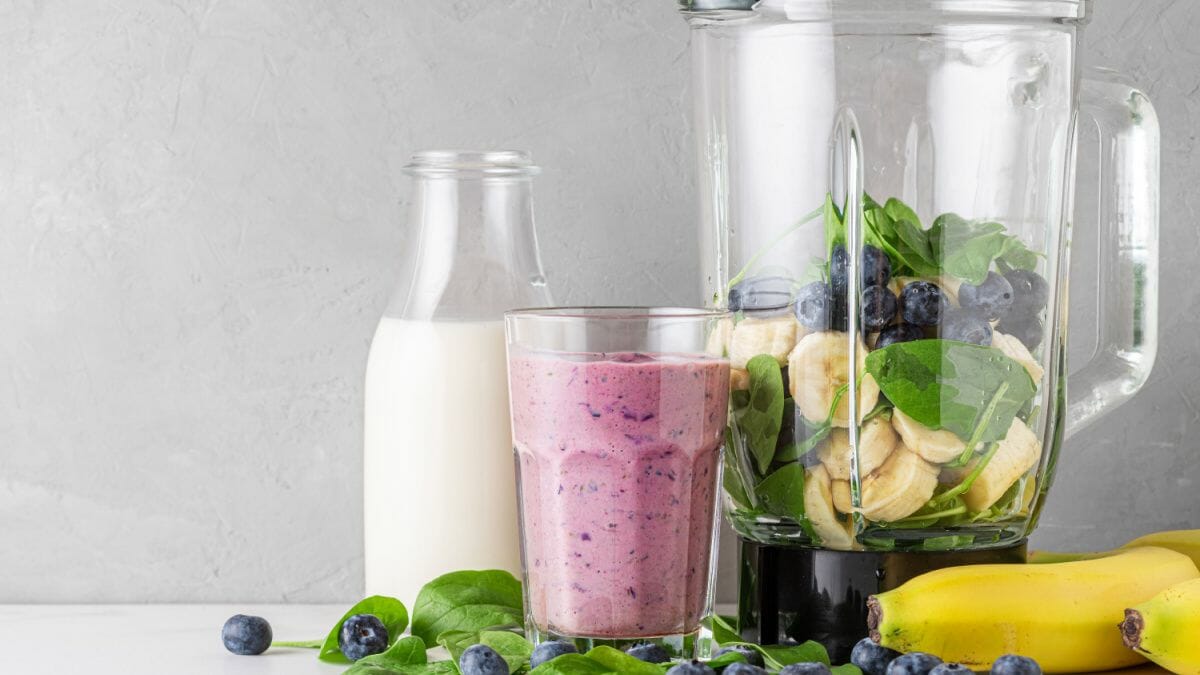August 16 2023 | Ashleigh Kidd, RD, LDN
Hey team! Back here again to separate fact from fiction when it comes to nutrition. Want your burning questions answered? Head to our IG (@f45Training) every Wednesday to play Fact or Fiction and submit your nutrition questions to be answered by your Challenge Dietitian!

Alright, let’s play!
Fact or Fiction: consuming sugar = weight gain, including fruit
Fiction!
To gain weight, you must consistently consume more calories than you expend, no matter what foods you’re eating. Sugar isn’t a nutrient dense food and may lead to weight gain and/or health problems when consumed in excess. However, having a healthy relationship with sugar (and food in general) means that you can enjoy a sweet treat when you want without guilt and in moderation without bingeing.
Fruit on the other hand provides a variety of nutrients including fiber, vitamin c, potassium, phytochemicals, and more. It’s very difficult to eat “too much fruit” because of the water and fiber content, and the vast majority of people don’t consume enough! Try pairing a fruit with a protein and/or fat source for a balanced snack; i.e. banana & almonds, apple & peanut butter, pear slices & cheese.
While it’s completely normal to include your favorite sweets into your life here and there, if you are craving them all the time or having thoughts about sweet treats consistently, I would start by asking yourself the following:
- Are you eating enough throughout the day?
- Are your meals balanced (protein, carbs, fat)?
- Are you restricting certain foods? (this can lead to cravings, binges/overconsumption, disordered eating & more)
- How is your sleep schedule?
- High stress levels?
- Do you allow yourself to become ravenous before eating?
If any of these are off, this could contribute to increased sweets cravings.
Try to:
- Eat consistent meals throughout the day (don’t skip meals)
- Aim for a balance of macros are your meals, making sure you’re not skipping out on protein and fiber!
- Normalize adding in a favorite sweet to your day or week mindfully- this will help take sweets off of a pedestal and you won’t be thinking about sugar as much as you normalize it. Learn more about mindful eating here.

Fact or Fiction: Diet coke should be avoided at all costs
Fiction!
Diet coke typically contains aspartame (an artificial sweetener that has gotten a bad rap over the last several decades). Rodent studies have shown a correlation between aspartame and blood cancers, but that’s not the whole story. What fails to follow the fear-mongering headline “aspartame causes cancer”, is the fact that humans and rats metabolize aspartame differently, and the rats were fed very large amounts of aspartame.
The FDA and EFSA have deemed aspartame as completely safe for human consumption. The FDA’s acceptable daily intake for aspartame is 50mg/kg/day, while the EFSA’s acceptable daily intake is 40mg/kg/day, which is about 14 cans of diet coke per day for a person weighing 150lbs. That’s a LOT of diet coke. Whether it’s added sugar or artificial sweeteners, excessive consumption will likely cause problems and is not recommended.
If you enjoy having a diet coke, have the diet coke! All foods (and drinks) can fit into a healthy lifestyle (while also reaching your health and fitness goals!). But if you find yourself constantly grabbing for them, noticing that you have a higher tolerance for sweet taste, or they’re getting in the way of your nutrition, it could be time to make a change.
Aim for most of your liquids throughout the day to be water to stay hydrated. Also be aware of when you’re consuming the carbonated beverage. This can sometimes interfere with how much we eat at our meals; i.e. if you have a diet coke right before lunch, it may fill you up and you might not be as hungry for your meal, therefore you’re not getting the nutrients you need.

Fact or Fiction: Intermittent Fasting is the best way to lose fat
It’s not that simple!
IF may feel good for some, but for the vast majority of people, the risks outweigh the “proposed” benefits. IF is another diet that puts you in an overall calorie deficit, this is why some use fasting methods for weight loss. However, the research behind the other alleged benefits are not backed by legitimate long term studies. What we do know is that the effects of IF can potentially lead to:
– Overeating and food obsession
– Fatigue
– Increased stress
– Increased risk for eating disorder
– Feeling out of control around food
– Weight cycling

Fact or Fiction: Protein supplements are necessary to reach fitness goals
There’s more to consider!
Protein supplements are sometimes marketed as essential, “magical”, and the end all be all when it comes to muscle gains and/or fat loss. Protein supplements like protein powder can be a great (and convenient) tool to assist with overall protein intake, but they aren’t always necessary! Overall, if you’re eating a varied and balanced diet, you can reach your protein goals through food alone.
Protein is found in a variety of both animal and plant food sources including:
- Beef
- Fish
- Dairy
- Nuts and Seeds
- Turkey
- Beans & Lentils
- Eggs
- Chicken
- Pork
- Soy Products
- Whole Grains
check out our blog on protein and supplements to learn more!

Have you ordered your meals for Challenge yet? There’s still time! Check your area here for suppliers here.
For additional nutrition and wellness support, you can always check out F45 Articles for tips on how to improve your nutrition and relationship with food.














